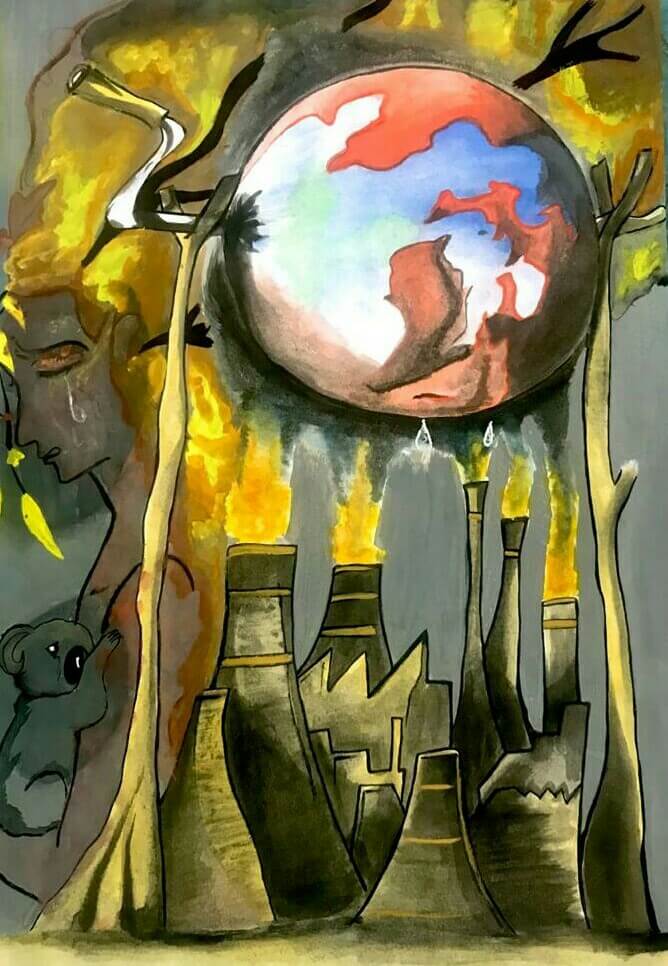Climate Facts
The Earth is heating faster than previously thought. Its global surface temperature has increased by around 1.1°C compared to pre-industrial levels and is now nearing 1.5°C — a critical threshold to avoid the most catastrophic and long-term effects on people and the planet. If radical changes are not made, it is estimated that global surface warming will cross 1.5°C in the 2030s and reach 3°C by the end of the century.1
350 million people living in urban areas will suffer from water scarcity from severe droughts at 1.5℃ of heating—410 million at 2℃. 2
Coral reefs will decline up to 90% with 1.5℃ heating and die entirely at 2℃. Without coral reefs, 1/4 of all marine fish species will become threatened, devastating the fishing industries, triggering acute food crises in coastal regions, and contributing to rapid erosion of coastlines. 3,4,5
By 2050, more than 1 billion people living in low-lying coastal zones – from Miami and New York to Osaka and Rio de Janeiro – will be displaced due to floods and sea level rise triggered by global heating. 6
With the rise of temperatures and sea level, the frequency of high intensity tropical cyclones (categories 4 and 5) will double by the end of the century. 7
If current greenhouse gas emissions continue, global heating will drive over 1/3 of the Earth’s species to extinction by 2050. Today, 1 million species are already threatened with extinction – more than ever before in human history. 8,9
Wildfires will continue to get worse — even in “best case” climate scenarios — putting more carbon dioxide into the air and threatening humans, wildlife, and the economy. Wildfires are already responsible for 5-8% of the 3.3 million annual premature deaths from poor air quality. 10,11,12
A child born in 2021 has an increased chance of suffering from respiratory illnesses due to decreased air quality related to climate change. 13
The climate crisis can cause anxiety-related chronic and severe mental health disorders. In the U.S., for example, 48% of people believe the climate crisis is impacting their mental health. 14,15
To limit heating to 1.5°C, global net greenhouse gas emissions from human activity must decline by nearly half from 2010 levels by 2030, and reach net zero by 2050. In addition, we must recapture at least 33 gigatonnes of carbon dioxide from the atmosphere each year.16,17

